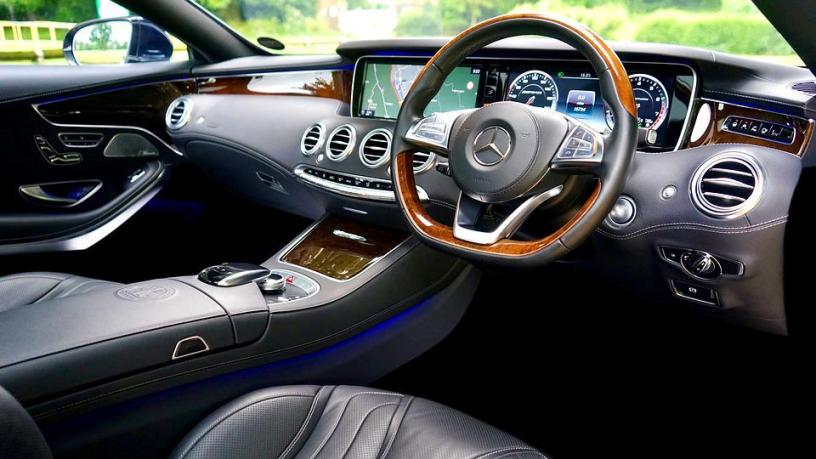Global Automotive Interior Materials Market Overview –
As of 2021, the market for automotive interior materials market is expected to reach USD 54.8 billion, with a CAGR of 2.6 percent. Technological advances and shifting consumer tastes are putting ongoing pressure on the automotive sector to keep up with the times. Consumer desire for safety and comfort, fuel efficiency, and increased industry competitiveness have all had an impact on vehicle interiors, which have undergone significant transformations in recent years. Seat coverings, headrests, armrests, door panels, center consoles, floor mats, and dashboards are all made from automotive interior materials. To manufacture automotive components for large commercial vehicles, light commercial vehicles, and passenger vehicles, these materials are processed and delivered to OEMs. The interior materials market for automobiles has been growing at a moderate pace. In order to reduce the weight of automobile interior materials, innovative technologies are becoming more popular, and the need for bespoke interior components is on the rise. Market expansion in genuine leather, however, has been held back by the incorrect disposal of effluents following tanning.
Demand for low-emission materials is expected to rise in tandem with more severe fuel economy regulations, boosting the industry’s prospects. As a result of recent technological advancements in the manufacturing process of automobile materials, the automotive industry is benefiting from lower manufacturing costs and longer working life of the components. Car adoption is impacted by enhanced dependability and robustness of the inside materials. Improved economic outlooks across countries and a growing preference for automobiles with creative designs are also boosting the industry’s growth.
Some Key Highlights from the Report –
When properly cared for, leather is the best option for car seats because of its long-lasting durability. Leather is the most common material used for the seat-beds of passenger cars. In comparison to synthetic leather, the cost of using natural leather can be more expensive. Natural leather is in high demand in automobile interiors because luxury and premium vehicle buyers anticipate real leather seats and interiors.
Over the next few years, the dashboard market is likely to increase at a rapid rate. The automotive business has been greatly impacted by advances in vehicle dashboards and materials, which are now expected to be safe for the environment and devoid of hazardous elements. Segment revenue will likely rise due to a rise in dashboard production that makes use of cutting-edge technology, design, and material.
Get a sample report @ – https://www.zionmarketresearch.com/news/automotive-interior-materials-market
Global Automotive Interior Materials Market Size And Forecast –
The Automotive Interior Materials Market is expected to increase at a CAGR of 4.09 percent from 2021 to 2028, from a value of USD 33.8142 Billion in 2020 to USD 46.59 Billion in 2028.
Market growth in the Automotive Interior Materials Market will be fueled by the burgeoning automotive sector and an increasing focus on vehicle weight reduction in order to maximise fuel efficiency. The study on the Global Automotive Interior Materials Market examines the market from every angle. An in-depth look at the main segments, trends, drivers, restraints, and other factors affecting the market is provided in this research.
Key Market Players –
Toyota Boshoku Corporation
Lear Corporation
Toyoda Gosei Co., Ltd.
Adient plc
Faurecia S.A.
Grupo Antolin
Sage Automotive Interiors Inc.
ASF SE
Benecke-Kaliko AG
Borgers SE & Co. KGaA
Dow Chemical Company
DK-Schweizer Co., Ltd.
Eagle Ottawa LLC
E.I. du Pont de Nemours & Co.
Others
Also read more articles –
Market Segments – Automotive Interior Materials Market
By Type –
Polymers
Genuine Leather
Fabric
Synthetic Leather
Others
By Application –
Consoles & Dashboards
Doors
Seats
Steering Wheels
Floor Carpet
Others
By Region –
North America
Latin America
Europe
Asia Pacific
Middle East & Africa

